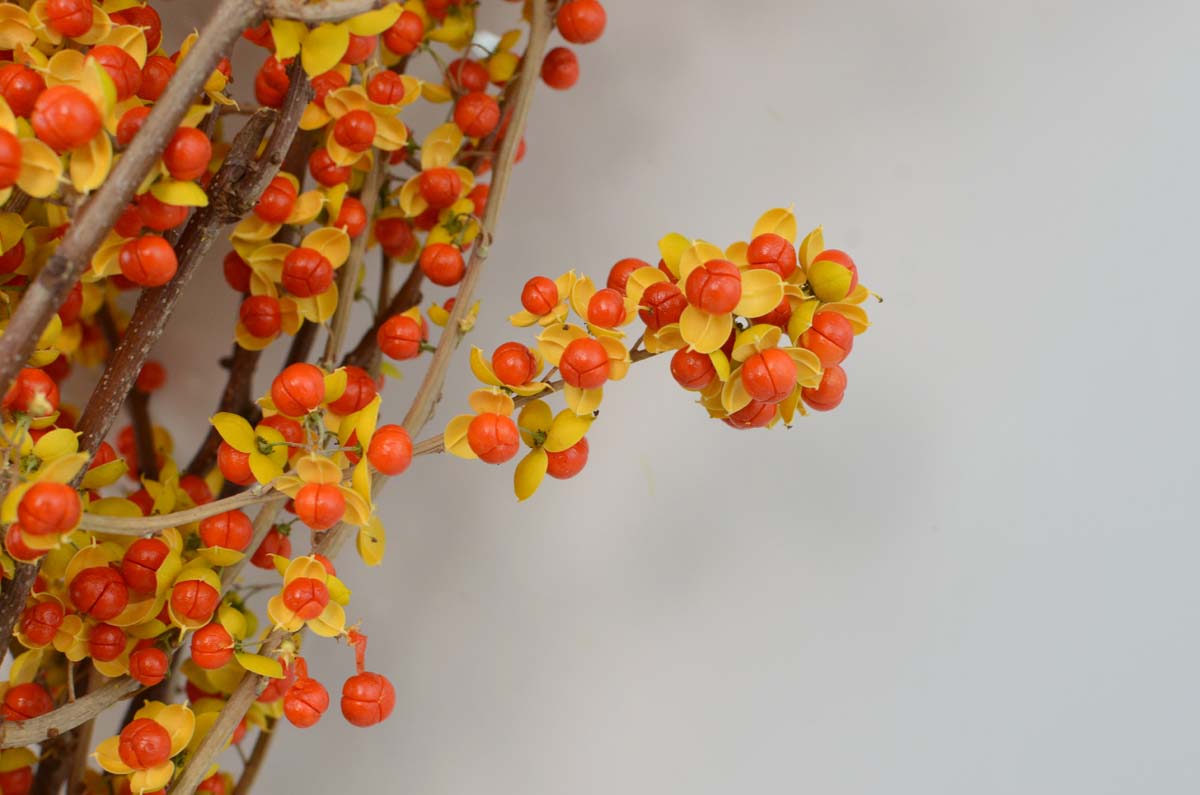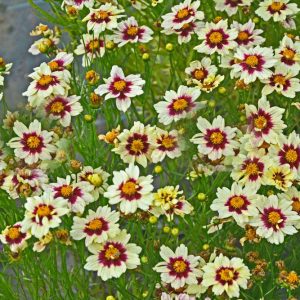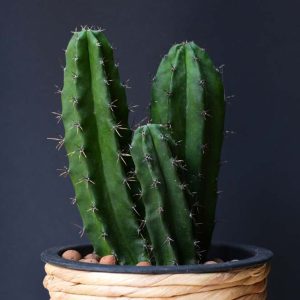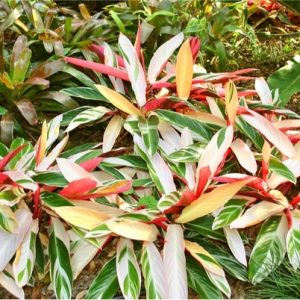Description
Celastrus – Bittersweet – Staff Vine –
There are about 30 species of deciduous, rarely evergreen shrubs and twining climber, in this genus. They occur in thickets and woodland in warm temperate or sub tropical regions worldwide but mainly in Africa, Australia and North America. They have thin, alternate, simple usually toothed leaves. Their attraction as garden plants lies in their ornamental autumn capsular fruits, which split when ripe to reveal colorful seeds, which attract birds. Male and female cream to green flowers, are held in terminal or axillary racemes, panicles, or cymes, are often borne on separate plants. Train against a wall, fence, or pergola, or up a tree.
Grow in moist but well drained soil in full sun, will tolerate partial shade. Plant at least one male with several females to ensure fruit production on dioecious types. The vigorous species need strong support, if grown up trees, these should be at least 30′ feet tall. Prune in winter or early spring or immediately after fruiting.
Prone to powdery mildew, nectria canker, and fungal leaf spots.
C. scandens – American Bittersweet – Climbing Bittersweet – This woody, deciduous climber or spreading and mounding, large scale ground cover from Eastern North America stretches t 20-30′ feet. It produces oval to ovate, toothed, mid green leaves, to 4″ long that taper to a fine point. In summer it bears insignificant yellow-green flowers in terminal panicles or racemes, followed by cluster of pea sized orange-yellow fruit with bright red seeds, sometimes persisting into winter.
Zones 3-9





